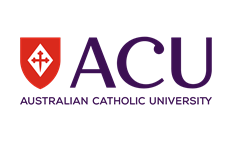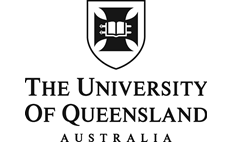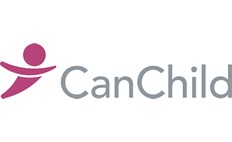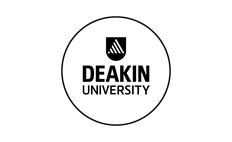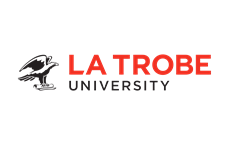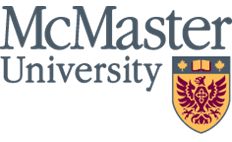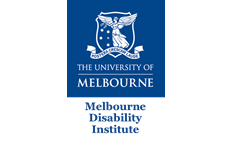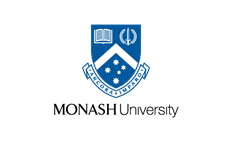Feasibility of scaling-up a community-based exercise program (FitSkills) for young people with disability
- Published
- Thursday, December 31, 2020 - 12:00 PM
https://doi.org/10.1080/09638288.2021.1903103
In FitSkills, a young person with disability is matched with a volunteer mentor and the pair exercise together at their local community gym twice a week for 12 weeks. The mentors are university students studying a health-related course like exercise science, physiotherapy, and occupational therapy. From our previous work, we knew the program could be run with a small number of participants. In this study we wanted to test if the FitSkills program would work for a bigger number of young people, with a bigger range of abilities and complexities, with mentors who had different skills and experience, and if it would work in different community gyms.
We also wanted to find out if young people with disability were interested in FitSkills, if they would complete the program, what they thought of the program, and what changes they felt needed to be made.
We completed this study in partnership with seven community organisations: Sport and Recreation Victoria, Cerebral Palsy Support Network, Down Syndrome Victoria, YMCA Victoria, Disability Sport and Recreation, Joanne Tubb Foundation and City of Boroondara
There was a high level of interest in FitSkills. Nine per cent of all young people who were members of our disability partner organisations contacted us about the program.
One hundred and sixty-three young people with disability, including 59 young people with cerebral palsy, agreed to take part in the study. Of these, 123 young people completed the whole FitSkills program. Most young people attended 19 of the 24 planned exercise sessions.
What the participants liked most about FitSkills was having someone to exercise with, having a regular exercise routine, and doing exercises set specifically for them by a health professional. Participants said FitSkills was enjoyable and that they liked the support it gave them to set up an exercise routine. The student mentors said they liked how FitSkills helped them to better understand what it meant to live with disability. However, both participants and students said they sometimes had some difficulty organising session times.
For the 29 young people with more complex disability who completed FitSkills, a few extra changes to the program supported their participation. These changes included extra pre-exercise screening and risk assessments, extra mentor support, and in-person gym consultations with a health professional.
Georgia McKenzie is a physiotherapist and PhD student with CP-Achieve. She is studying at La Trobe University.
Nora Shields is a Chief Investigator with CP-Achieve. She is Professor of Physiotherapy at La Trobe University, Melbourne.


